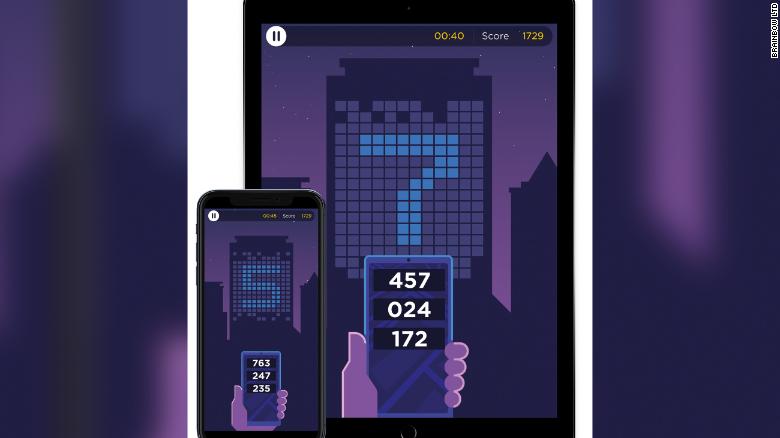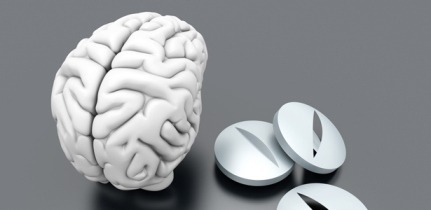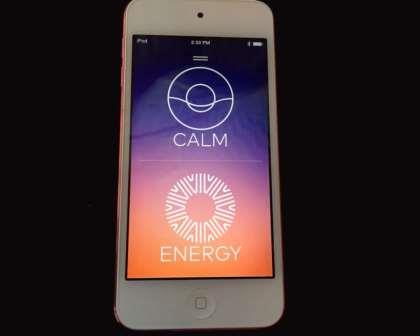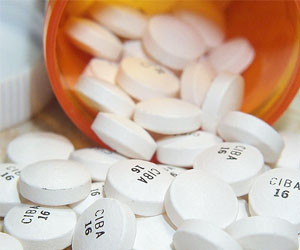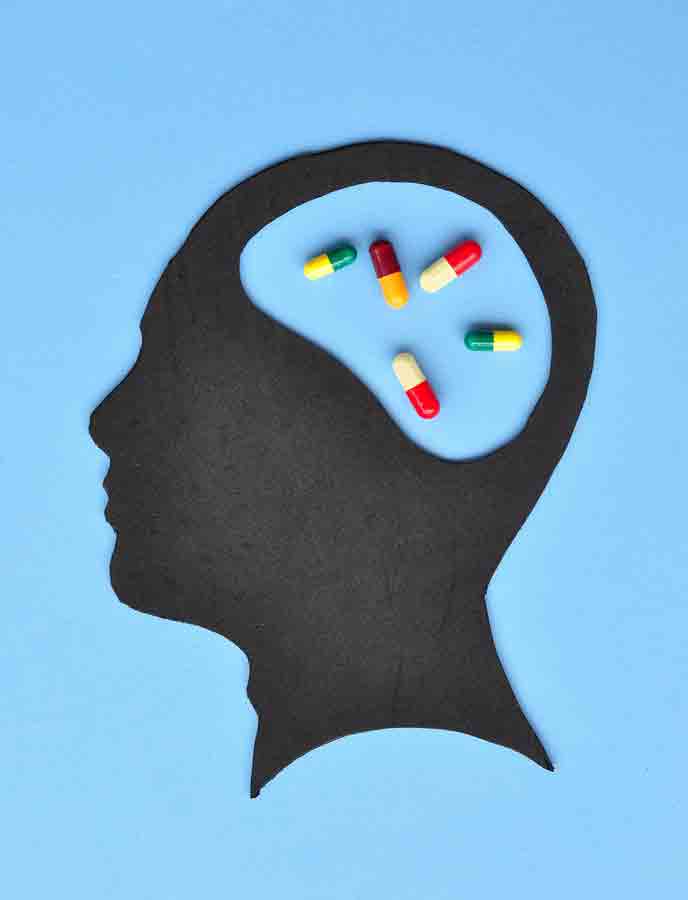Posts Tagged ‘Ritalin’
Brain training seen as promising non-pharmacological method to enhance attention in healthy young adults
This brain training app may help you stay focused, says new study (CNN): “Our digital lives make concentration difficult…A group of Cambridge university researchers believes to have developed a “fun” solution to this modern problem. By playing a “brain training” game, called Decoder, players can increase their concentration.
Read MoreNeurofeedback or medication to treat ADHD?
___ Neurofeedback (NF) is an approach for treating ADHD in which individuals receive real-time feedback on their brainwave activity and taught to alter their typical EEG pattern to one that is consistent with a more focused and attentive state. While considerable research supports the effectiveness of neurofeedback for many children with ADHD, relatively few studies have…
Read MoreGrowing awareness of the opportunities and risks posed by pharmacological cognitive enhancement (aka “smart drugs”)
. More research needed on use of ‘smart drugs’ by healthy people (Medical News): “Drugs such as methylphenidate and modafinil, marketed as Ritalin and Provigil respectively, are used by some healthy individuals in order to boost their cognitive performance, despite a general lack of knowledge about
Read MoreOpen question: Can coffee & Ritalin’s mental effects be delivered, safely, over a smartphone?
. Will 2015 be the year our smartphones link up to our brains? (Popular Science): “Thync bills itself first and foremost as a neuroscience company. Its sole product—slated for release later this year—is a smartphone-controlled wearable device that will allow the user to actively alter his or her brain’s electrical state through transcranial direct current…
Read MoreStudy: Use of methylphenidate-based ADHD medication increases the risk of heart problems
ADHD medication enhances the risk of heart problems in children (Science Nordic): “The risk of developing heart problems is twice as big for children taking medicine for Attention Deficit-Hyperactivity Disorder (ADHD) when compared to children not receiving the medicine…The study builds on data from 714,000 children
Read MoreUse and misuse of ADHD drugs and nootropics among teenagers and toddlers
Ritalin may pose brain risks for young people without ADHD, study shows (Fox News): “Smart” drugs, like Ritalin, also known as nootropics, are known to increase a person’s attention span, memory and ability to stay alert. As a result, they have become increasingly abused by students seeking an extra edge in their studies. According to a…
Read More
